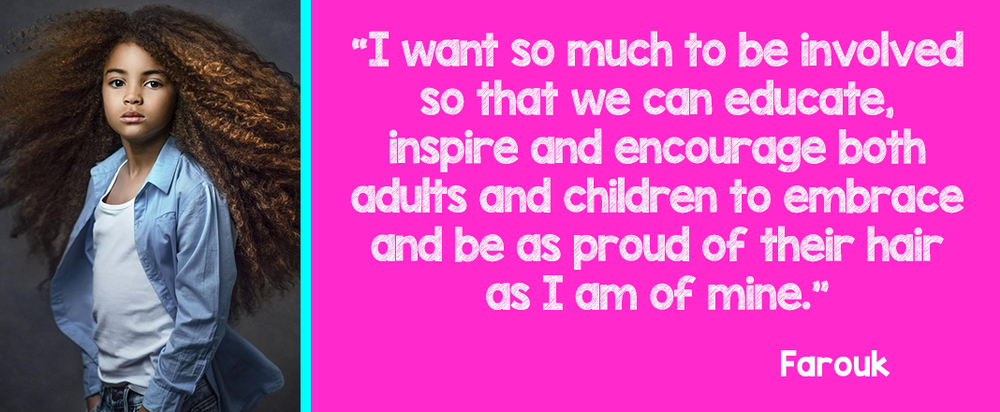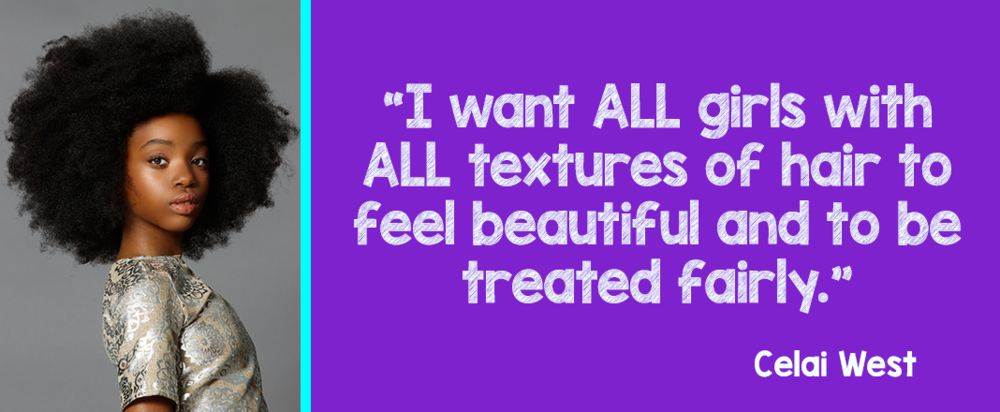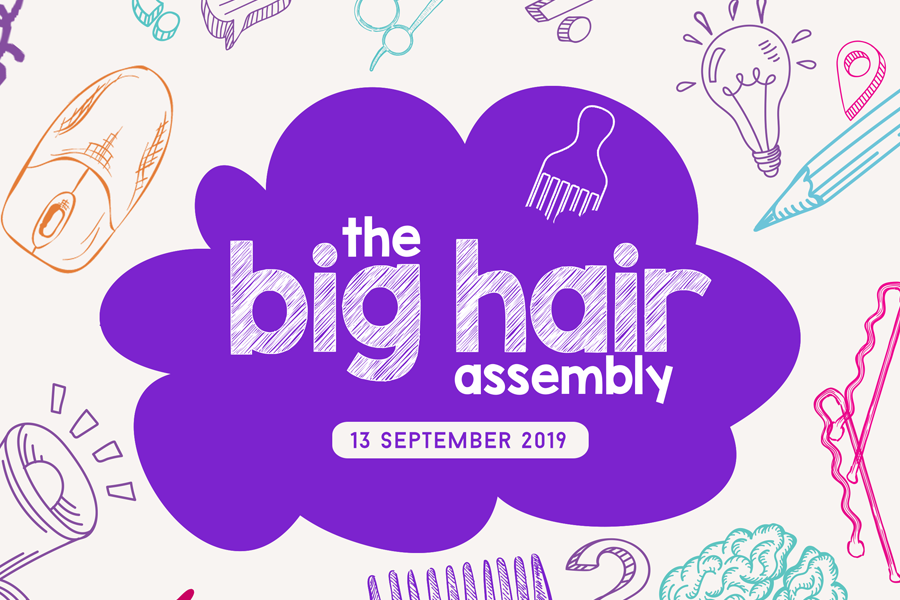Every one in six children with afro-textured hair are being ‘discriminated against at school, according to a report from the charity World Afro Day.
World Afro Day organisers are worried that some school hair policies can negatively affect children with afro-textured hair.
The investigation, led by De Montfort University Leicester, showed a 66% rise in negative hair policies towards Afro hair Additionally, 95% of adults surveyed said they would like to see the introduction of hair protection laws — similar to those introduced recently in New York — brought to the UK.
Researchers conducted a survey with 1,000 people, looking into attitudes, school policies and the experiences of children in partnership with the group World Afro Day.
Of the children responding, nearly half (46%) had issues with the hair policies, compared with just 27% of adults saying it was an issue when they were at school.
At present neither the Department for Education nor Ofsted monitor school uniform policies, which cover hair, so they don’t know how many schools are breaking UK equality laws. ‘This is a really important issue that needs to be highlighted,’ said Sarah Younie, Professor in Education Innovation at DMU. ‘Nobody should be discriminated against because of their natural appearance and we wanted to find evidence that this was happening in UK schools, because we had heard anecdotal stories that it was. ‘The education research team at DMU worked collaboratively to support World Afro Day by creating the survey and gathering a large sample in a short period of time.’
It’s because of school rules surrounding hair and how you wear it.
These rules can include how short students wear their hair or what styles they wear it in.
HAIR EQUALITY REPORT 2019 “More than just Hair”
This study is in response to the OFSTED Education Inspection Framework 2019. World Afro Day has conducted – The Hair Equality Report, including a survey of 1000 respondents with support from researchers at De Montfort University.
Aim of the study
The Hair Equality Report aims to provide evidence to quantify the problem of hair discrimination in schools. How pupils are affected by it and what can be done to change it? The aim is to provide robust evidence so that the problem is no longer hidden and creates a motivation and impetus for change. The report will look at how this area of inequality has changed over time by comparing the current generation of children’s experiences to previous generations. The report will make recommendations and call for changes to address this discrimination.
The Rationale
The report is needed because there is a lack of awareness about this problem within governing bodies, school authorities and the general public. Hair discrimination has gone unrecognised for decades and needs to be addressed. Evidence was needed to support the calls for change and to educate people about the problems. Afro hair bias has been a global topic, gaining momentum but some of the key flash points, have been discrimination against children.
So what do you think, should you be told how to have your hair at school? Has this been a problem for you?





